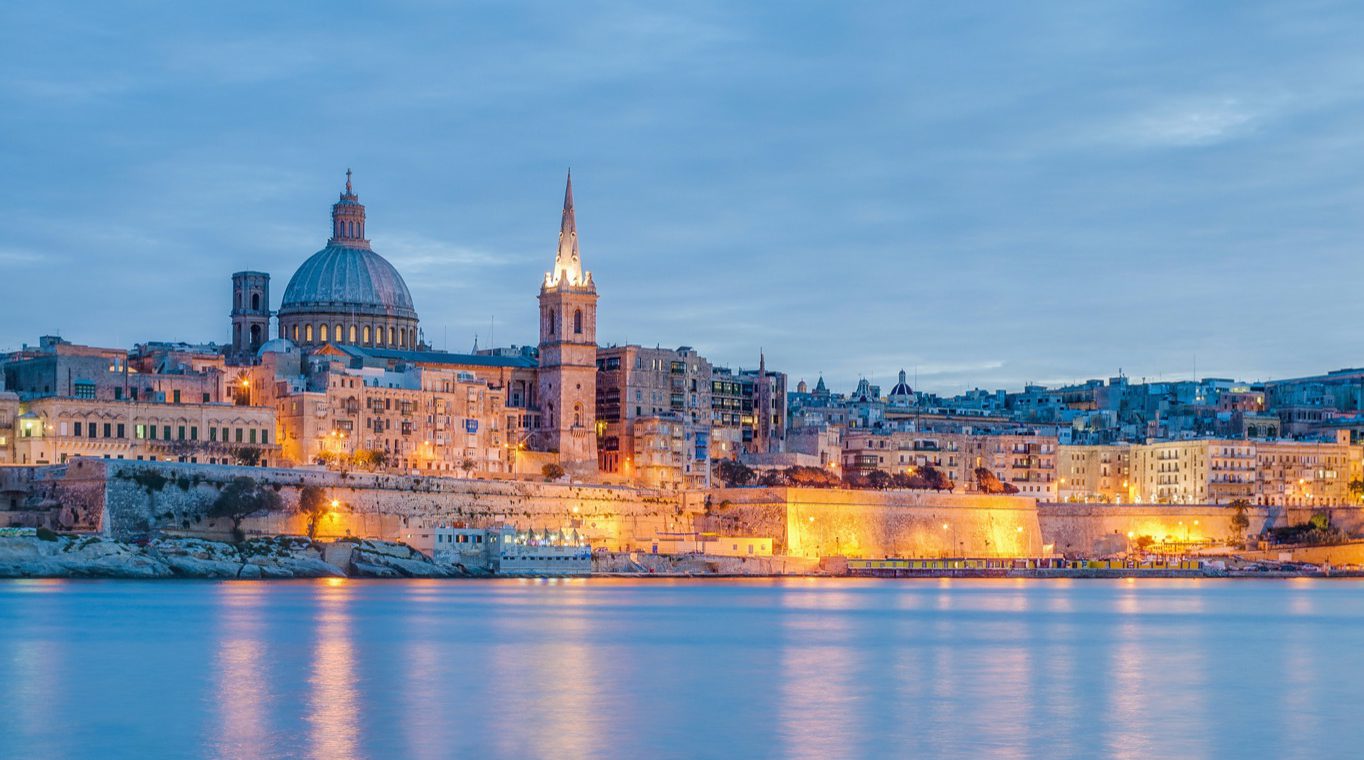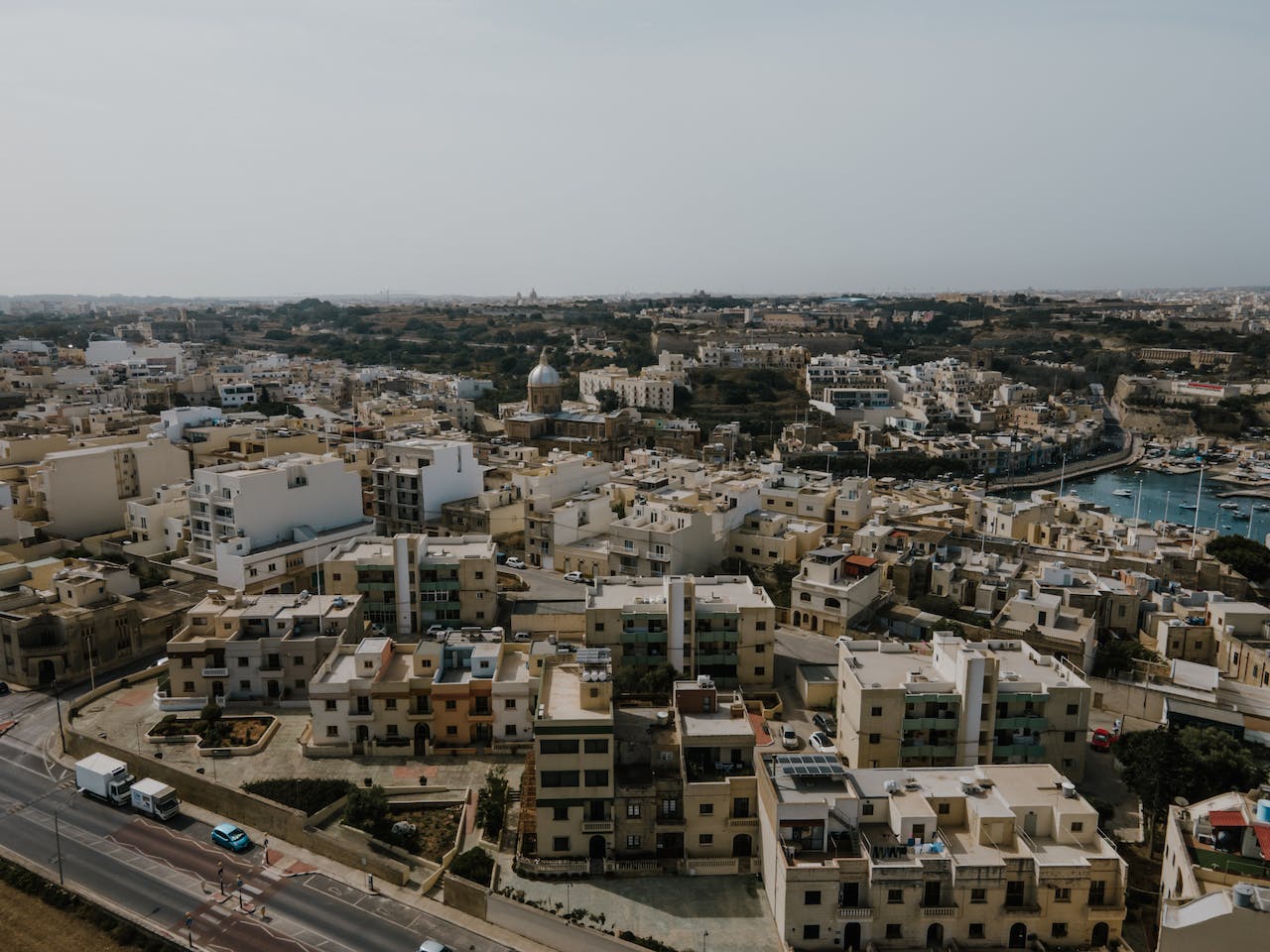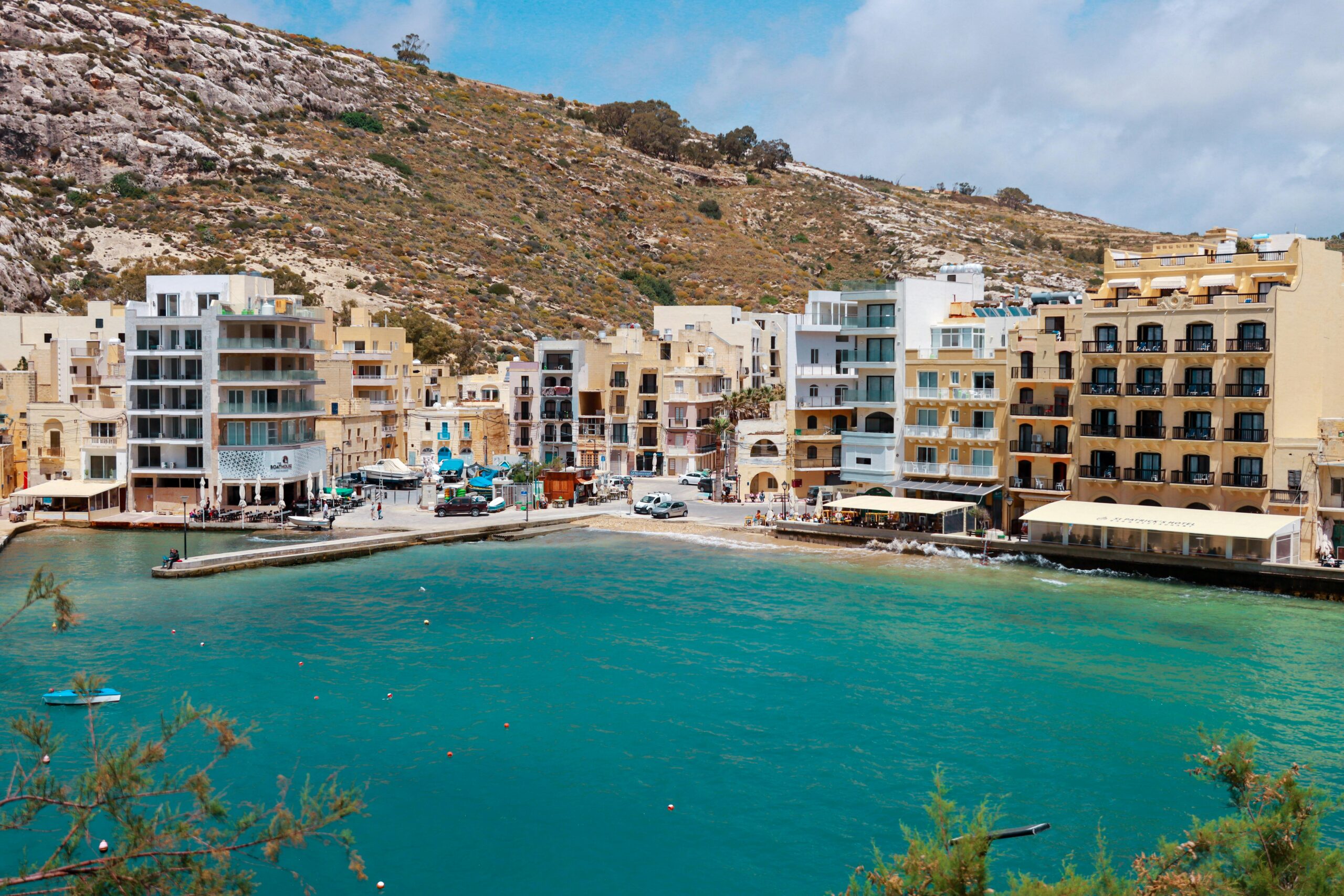It’s official: Malta’s residents report higher than average levels of satisfaction with regards to finances, housing, overcrowding in private homes, job satisfaction, self-perceived health, life expectancy, personal relationships, and safety.
On the other end, local residents reported doing worse than EU counterparts in terms of the living environment, median net income, time use, average weekly working hours and education.
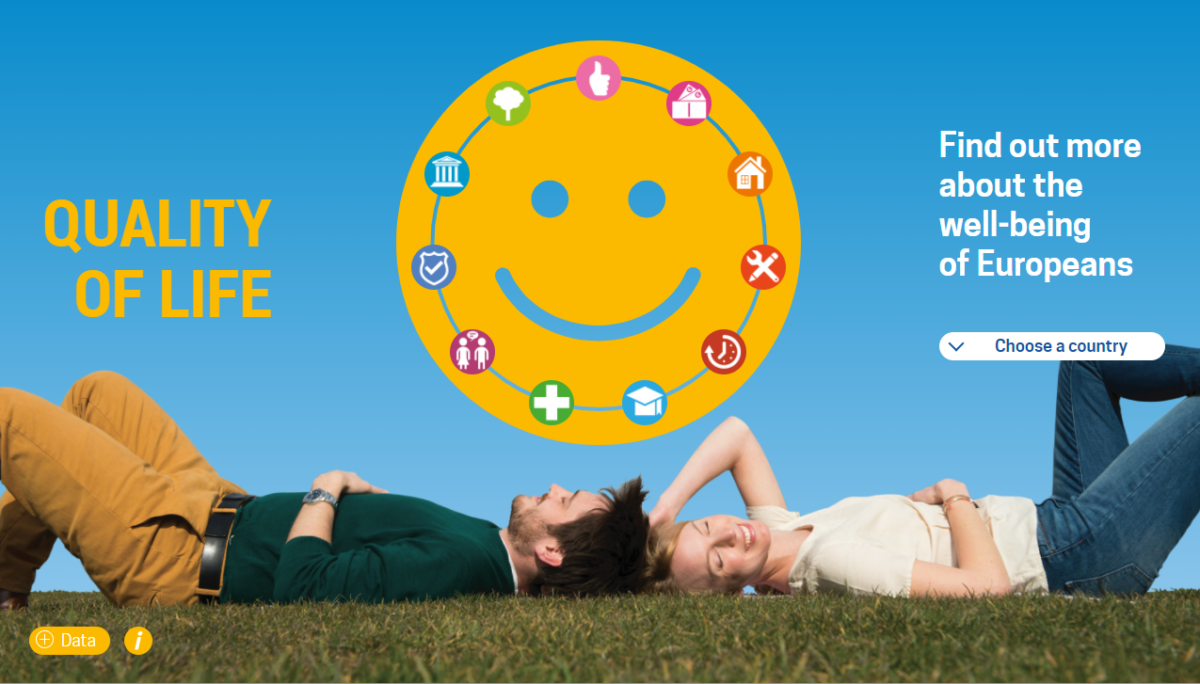
The picture emerges from a Eurostat report, where the EU’s statistical arm updated statistics for its key wellbeing indicators and presented an interactive visualisation providing insight into the different aspects of quality of life by country.
Housing, employment, education, health, safety, governance and the environment are all covered, as well as people’s use of time and social relations.
The mix of statistical indicators, used by gleaning objective information such as national figures on income, housing conditions and work situations, together with subjective evaluations results in differing levels of satisfaction, depending on an individual’s priorities and needs.
While Malta’s residents reported a 6.8/10 satisfaction ranking with finances, the EU average came in at a slightly lower 6.5/10. Despite local residents feeling generally more satisfied with their finances than the average EU citizen, the country came in below average in the annual median equivalised net income rating.
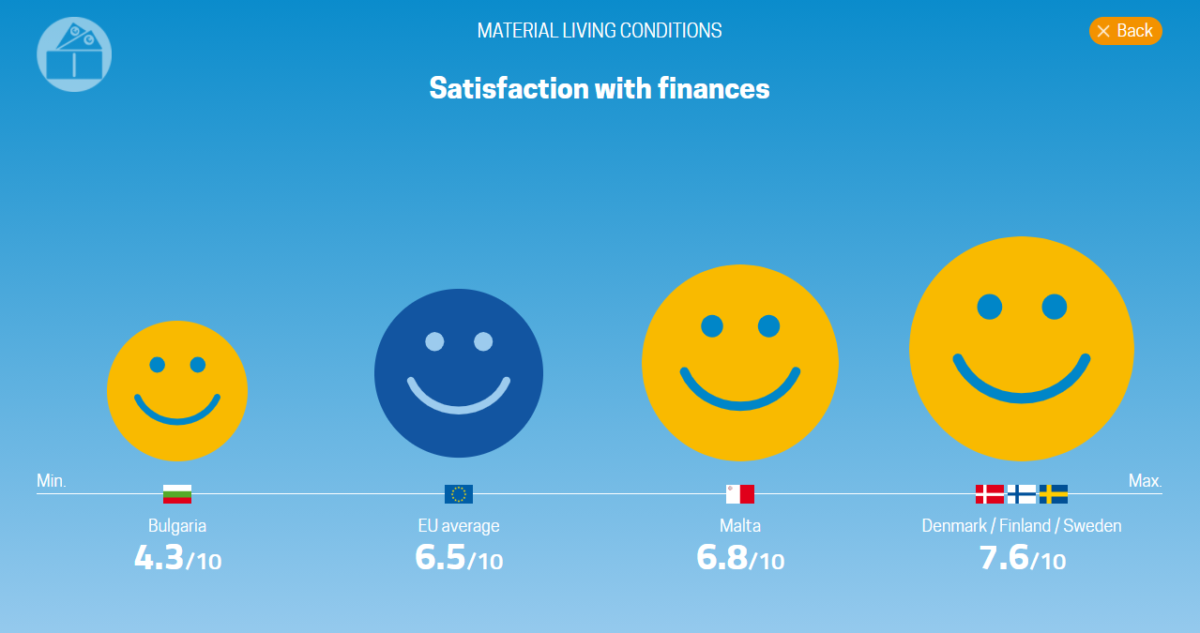
This rating refers to the total annual income of a household, after tax and other deductions, that is available for spending or saving, divided by the number of household members.
Here, Malta came in at €15,354, compared to an EU average of €17,325. The highest is unsurprisingly Luxembourg at an average equivalised median net income of €36,354, while Romania clocked in at the lowest, at €4,267.
With regards satisfaction of time use, here Malta came in just under the EU average, at 6.6 and 6.7/10 respectively.
Local residents were also found to work more hours than the average EU citizen, at 39.6 hours versus 37. The longest working week was found in Greece at 41.8 hours, while citizens of the Netherlands were found to have the shortest at 30.3 hours.
Despite Malta’s residents being less satisfied with their time use, and working longer hours, job satisfaction still came in above EU average. Here, Malta registered 7.5/10 while the EU average came in at 7.2/10.
db Foundation raises €8,419 for Karl Vella Foundation with MasterChef Malta Charity Dinner
These events form part of the db Foundation's ongoing commitment to supporting vulnerable members of society through impactful initiatives
Residential property prices rise by 5.7% in first quarter of 2025
The new figures show continued growth in Malta’s property sector
Youth4Entrepreneurship Gozo 2025: Youth invited to propose innovative digital solutions
The initiative aims to empower youth to become active contributors to Gozo’s development by addressing local challenges


